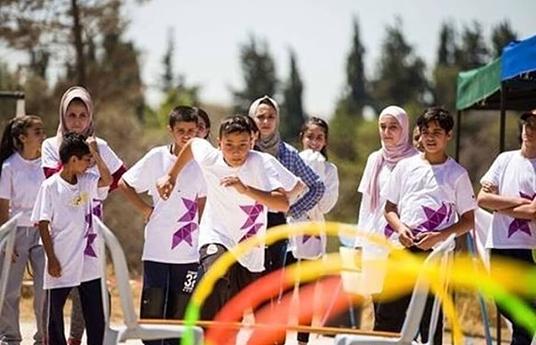121 million children study in India’s primary government schools. As schools reopened after the pandemic lockdowns, students struggled to reorient themselves inside the schools, while educators struggled with balancing health protocols and student wellbeing. Our innovation provided educators with daily practices to navigate this situation and support student well-being, even after the pandemic.
Simple Education Foundation partners with educators, parents, principals and governments to build impactful practices and training for public school educators.
At the beginning, student needs are identified along with the educators and principals of the school. After identifying the needs, relevant well-being practices are introduced to educators. Educators are provided with co-planning, modeling & co-teaching support to integrate practices like feelings check-ins, classroom agreements and daily appreciation seamlessly into lessons. Regular educator debriefs determine differentiated next steps, while digital observation forms help capture data. Celebrating students, appreciation notes, and dedicated educator/parent celebration spaces cultivate safety.
The innovation uses researched, evidence-based well-being practices which are then contextualised for effective scaling across diverse settings.
These well-being practices build trust across different relationships: students-educators-principals, schools-families setting the foundation for well-being. Classroom safety levels improved across classrooms in Delhi & Uttarakhand’s partner schools. Significant shifts in students’ openness to express, share feelings and use of new vocabulary were observed.
When adults themselves experience safety, they can better enable it for students. Educators felt appreciated in quarterly surveys and consistently integrated well-being practices in daily lessons. This also enabled stronger academic learning.
Well-being practices are part of our statewide SCERT training program, reaching 40000+ educators.
In the next 3 years, we aim to strengthen 1m educators towards students' experiences.
We offer step-by-step documentation, educator & principal frameworks, impact reports, and learning resources. Some of our materials are freely available on social media, annual reports, YouTube, and research papers, some may be made available upon request. We share our work at conferences, collaborative platforms, and through research papers. Contact us via email; we respond within 3 working days.


